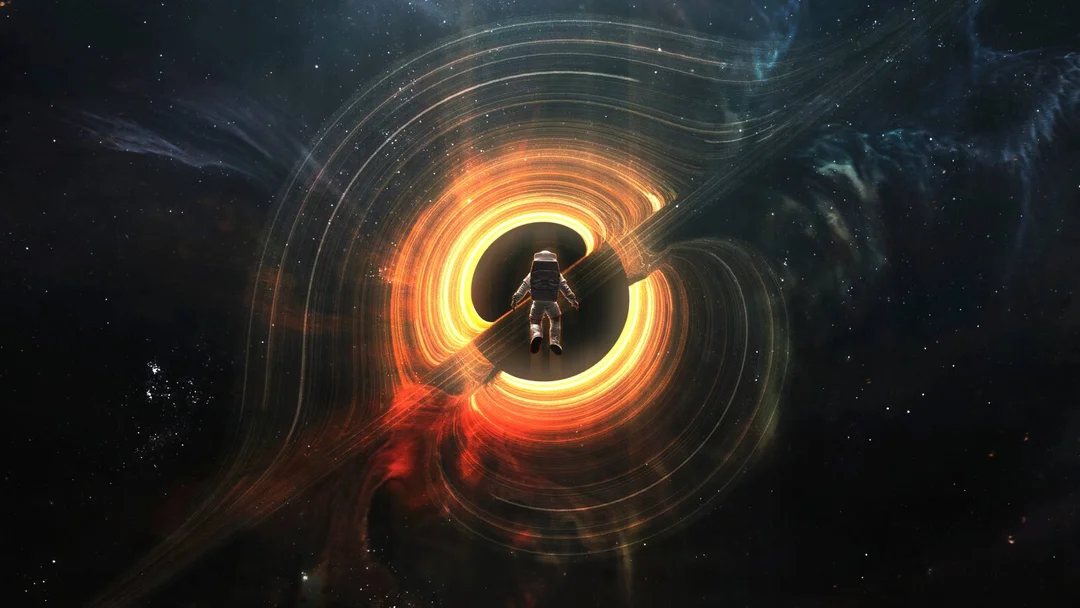
Is Gravity Just Data Compression? New Theory Suggests the Universe Might Be a Giant Computer
Could gravity, the force that keeps us grounded, be more than just a force? A new study is stirring debate by suggesting that gravity might be a consequence of the universe acting like a massive computational system. Physicist Melvin Vopson from the University of Portsmouth proposes that the cosmos is constantly optimizing information, and what we perceive as gravity is simply a byproduct of this cosmic data compression. This groundbreaking idea challenges our fundamental understanding of the universe and its workings.
Vopson's theory, detailed in a recent paper, suggests that the universe minimizes information content, much like a computer trying to save space and run efficiently. He explains, “My findings in this study fit with the thought that the Universe might work like a giant computer, or our reality is a simulated construct. [...] Just like computers try to save space and run more efficiently, the Universe might be doing the same. It’s a new way to think about gravity – not just as a pull, but as something that happens when the Universe is trying to stay organized.”
This isn't Vopson's first foray into this intriguing concept. He previously introduced the second law of infodynamics, suggesting that information in the universe either stays the same or becomes more ordered over time, rather than drifting into chaos. He also proposed that information itself might possess mass, treating it as a form of matter. According to Vopson, particles, the universe's building blocks, could be arranged in a pixel grid across space-time, with each pixel containing matter or not. He argues that gravity could be linked to the distribution of these matter-pixels.

His most recent research posits that gravity arises from the universe's drive to minimize its computational power and information content. This minimization creates an attractive force, compressing information in the process.
Others have suggested if bits of matter or energy are arranged in a chaotic way, the information grid has to track excessive details, the system then looks for simpler states that require less data points. When objects in space come together, information about their individual positions can be condensed reducing the complexity of the entire system. The term infodynamics refers to an approach that connects information and physical processes, matter behaves in ways that minimize data clutter, potentially meaning gravity could be the result of nature's tendency to optimize store information.
While this theory doesn't replace established models like general relativity or quantum mechanics, physicist Melvin M. Vopson suggests his work reimagines gravity as an information effect building on previous research. If his theory holds up, mass distorts spacetime by changing its information content, like a heavy file warping a computer's memory, therefore the universe's drive to reduce information entropy results in the development of massive objects, much how data is compressed in digital systems.

Vopson acknowledges that this concept requires further investigation and testing. He emphasizes the need to explore how it aligns with both quantum and relativistic theories and to develop experiments that could potentially support his claims. The fundamental question remains: Is the universe a computational construct? Only time and further research will tell.
Vopson concludes “Whether the Universe is indeed a computational construct remains an open question, but the entropic nature of gravity provides compelling evidence that information is a fundamental component of physical reality and data compression drives physical processes in the Universe.”
What do you think? Could gravity be more than just a force? Share your thoughts and theories in the comments below!